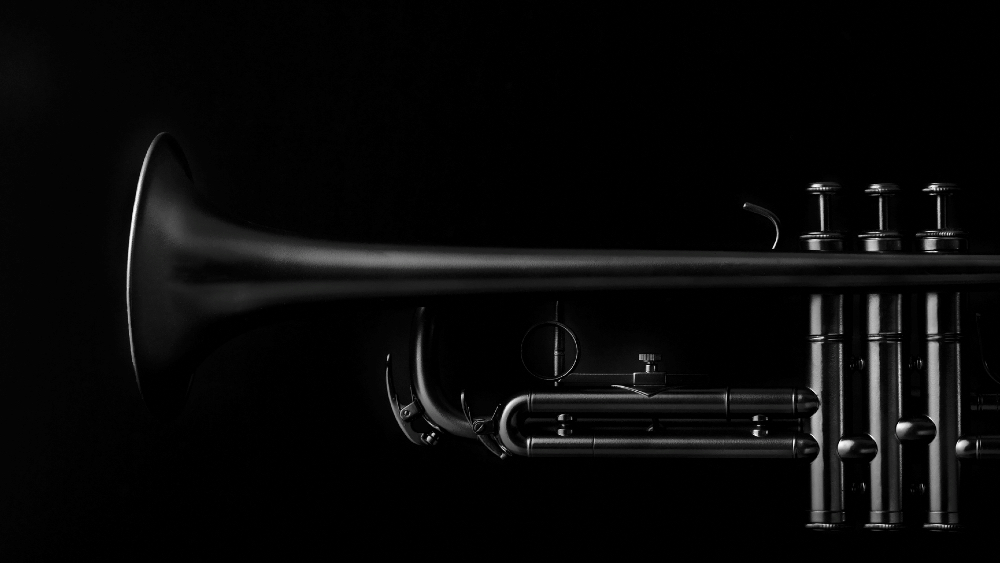If you’re interested in sharing your opinion on any cultural, political or personal topic, create an account here and check out our how-to post to learn more.
____
Since late summer, I have been counting the days until the release of Ma Rainey’s Black Bottom. For many reasons this film has been on my mind. I was curious about the way the movie would bring to life August Wilson’s characters, who sharply reflect the pleasure and plight often found in the lives of Black people. I anticipated a noteworthy performance from Viola Davis, who has a track record of playing Wilson’s characters with a range of emotion so authentic that viewers could confuse them as her own. With a sense of melancholy, I wanted to see Chadwick Boseman take his final figurative bow. Although the movie depicts Davis and Boseman’s musically talented characters as out of sync, “Ma” Rainey and Levee actually sing the same tune by approaching their lives in similar styles.
Ma and Levee are unwilling to conform to meet the musical expectations of others. As the band leader makes it known, Ma is always in charge of her music. She only performs when all of her demands are met — be it a cold drink in hand or a pleasing temperature in the studio. The songstress refuses to sing any version of a song other than her own. She stands firmly on these choices, regardless of her manager’s requests or the new style of music gaining popularity. Levee is quite similar in his resistance to musical conformity. He creates friction with Ma and the band as he aims to compose upbeat music that listeners can dance to. Levee avoids rehearsing, preferring to freestyle on his horn, whether he is on stage or in a recording session. Both he and Ma have an unrelenting commitment to their individual idea of music.
The singer and horn player each use money as a magnet to attract romance. Ma’s love interest, Dussie Mae, is energetic and pretty with a prominent beauty mark on her face to prove it. The promise of new clothing is enough for this woman to fulfill Ma’s requests. Dussie Mae’s frequently swaying hips do not only captivate Ma, they catch Levee’s attention as well. In hopes that she will fall for him, Levee assures Dussie Mae that his future earnings will be spent on her enjoyment, which is enough to arouse her interest. Although Levee and Ma are often at odds, they both bet on money to bring them affection.
The Mother of Blues and her rebellious band member aim to move in style, whether walking or riding. Ma’s luxurious, brand new car and Levee’s fresh off the shelf, wingtip shoes attract the attention they desire as individuals living in a place and time that does not groom them for perseverance. When Ma’s car is in an accident, she demands that her version of events be believed by the police and commands that her car be repaired like new. Levee sees his yellow shoes as an extension of himself — bright, hip and worthy of respect. Although he only owns this pair for a brief period, he goes through extremes to ensure they remain untarnished. Stepping on his shoes is like stepping all over him as a person. When Levee and Ma’s prized possessions are sullied, they react with extremes, risking it all — including their freedom.
This musical pair demand to matter. When it comes to Ma, she wants acknowledgement from Irvin, her white manager, if only for one recording session. Although Irvin appears accommodating, Ma knows his interest is short-lived until he needs to profit off her talents again. She is shrewd in her dealings with him to counter the cold treatment she has received. It is apparent that Levee wants respect from white men as well, such as Sturdyvant, who can make him a recording star. However, more glaring is Levee’s desire to matter to God. He challenges God to step in and save Cutler. He questions why God allows his mother’s cry for help to go unanswered, along with so many other mistreated Black people.
Ma and Levee fight many battles in this film. They are so used to fighting for what they want and need, that it seems commonplace for them to disagree with one another. However, their conflicts are one and the same. They blend together as seamlessly as the music they make together.
